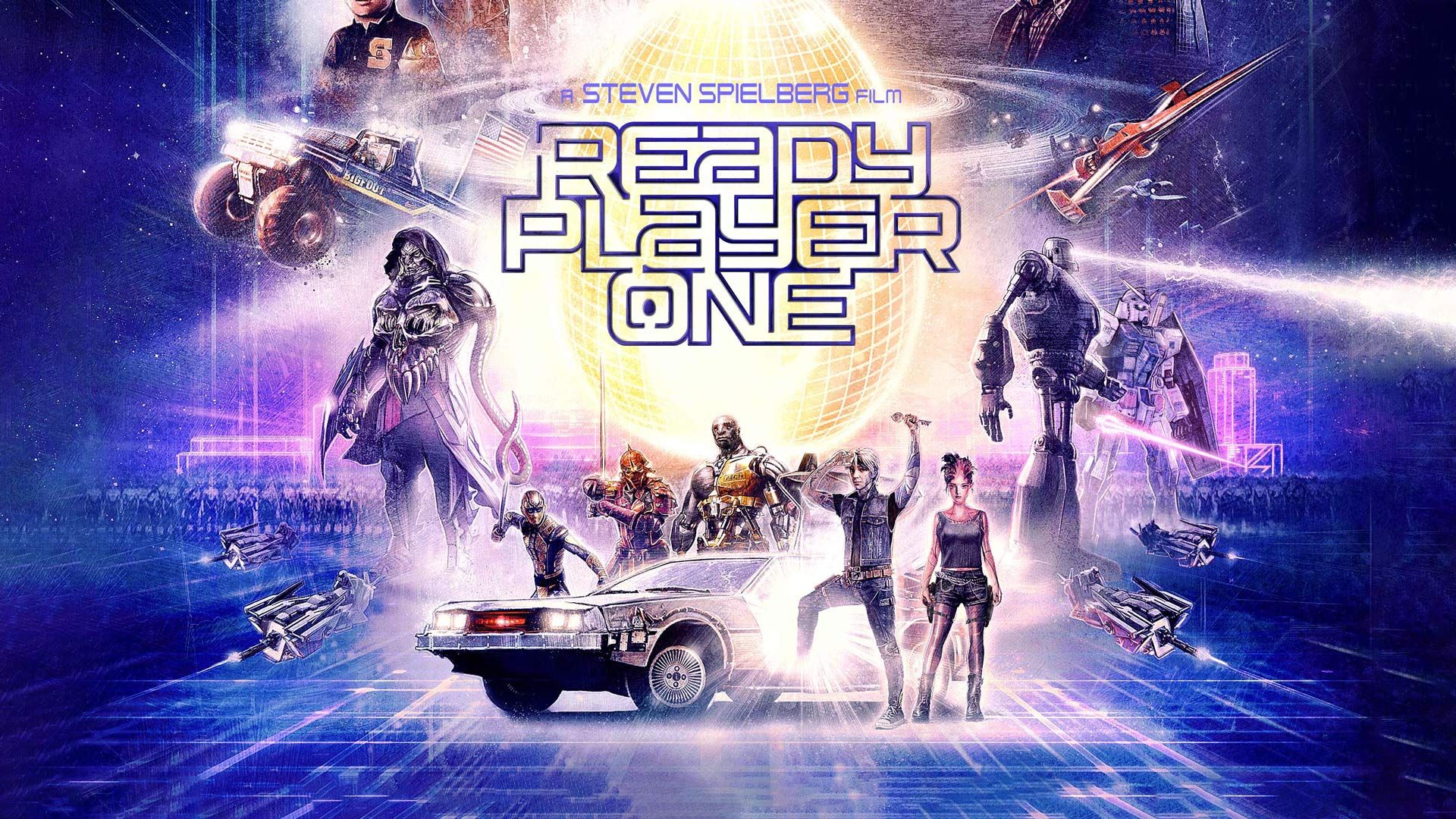
The Commonly asked IP Question.
GAME PILL works on both original IP and existing IP and I am often asked this question by clients: should they create their own intellectual property (IP) or leverage existing IP?
Each approach has its distinct advantages and challenges. I usually list out the pros and cons to licensing an existing IP. This is not an exhaustive list, can you think of any other pros and cons that I should be adding?
✅ Pros:
Built-in Audience: Utilizing an existing IP means tapping into an established fan base. This can significantly reduce marketing efforts and increase the game’s initial traction and sales.
Brand Recognition: A well-known IP carries brand recognition, which can help the game stand out in a crowded market. Fans of the IP are likely to be interested in any new content associated with it.
Easier Marketing: With an existing IP, much of the groundwork for brand identity and storytelling is already done. This can streamline marketing strategies and campaigns, leading to more efficient and cost-effective promotion.
Lower Risk: Games based on existing IPs often have a lower risk of failure since the brand already has a proven track record. Investors and stakeholders might be more willing to fund projects with established IPs due to the perceived lower risk.
❌ Cons:
Creative Restrictions: Working with an existing IP can limit creative freedom. Developers must adhere to established lore, characters, and settings, which can constrain innovation and original storytelling.
Licensing Costs: Acquiring the rights to use an existing IP can be expensive. Licensing fees and royalty payments can significantly eat into the budget, reducing potential profits.
High Expectations: Fans of the existing IP have high expectations, and any deviation or perceived failure to stay true to the source material can lead to backlash and negative reviews.
Limited Ownership: The studio does not own the IP, which can limit its ability to fully control the game’s direction, future updates, or potential sequels.
Opportunity Cost: You are not creating your own fans and audience but instead renting the audience.
Longevity: sometimes longevity can be a factor and an IP that is popular may lose popularity over time.





